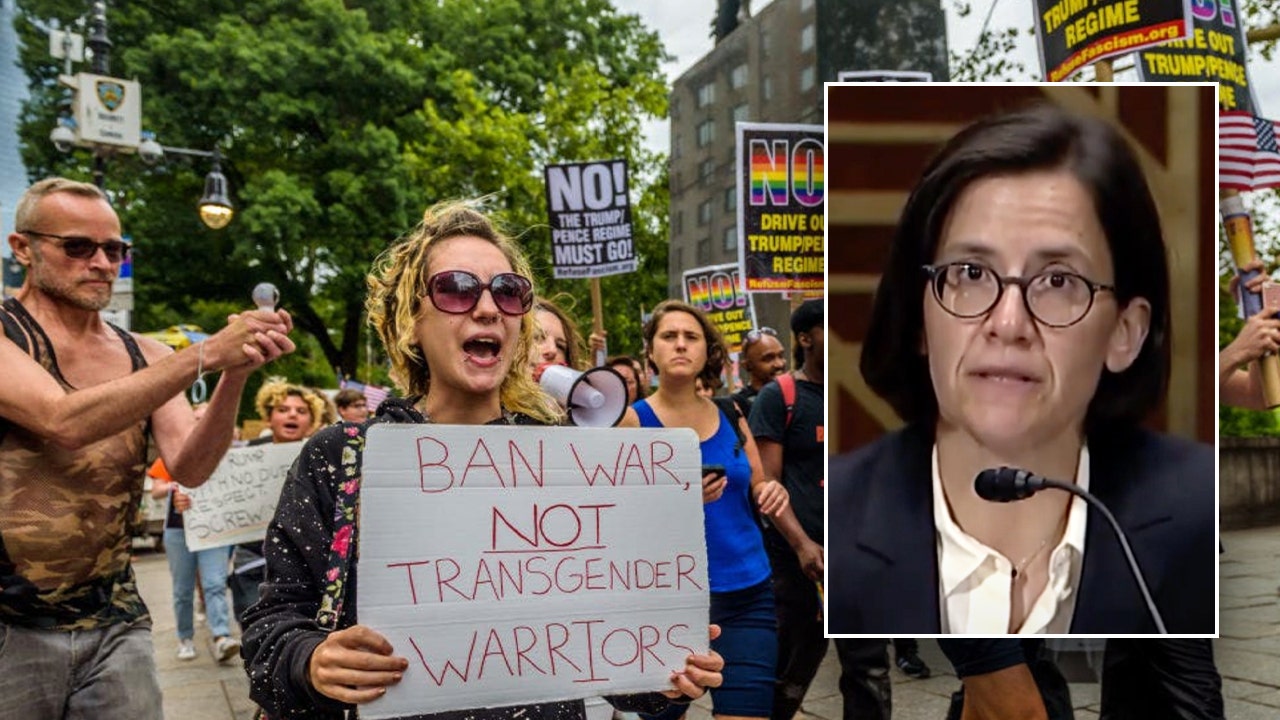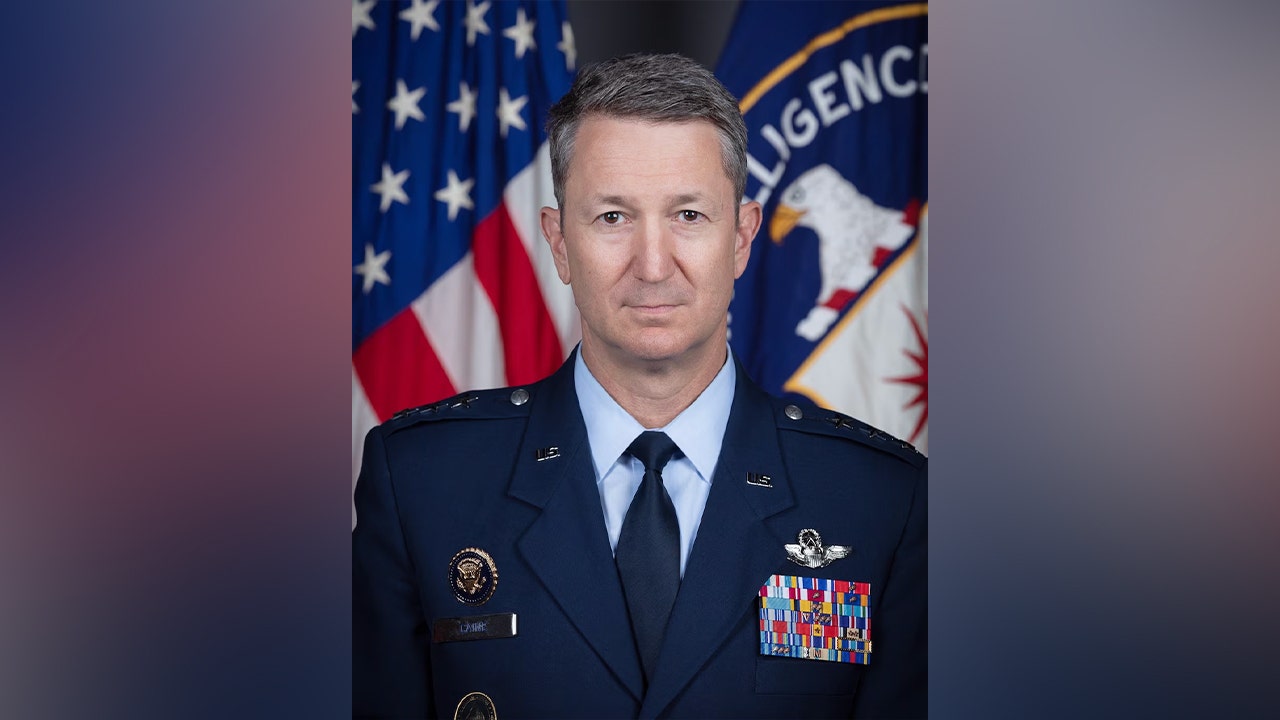He reiterated his deep concern at the high level of violence in recent months, marked by clashes, protests, attacks, Israeli security operations and other incidents.
“I am deeply concerned by the sharp increase in violence against civilians on both sides increases distrust and undermines a peaceful solution to the conflict,” he said.
Young lives lost
Mr Wennesland – officially UN Special Coordinator for the Middle East Peace Process – presented his latest report, covering the period 21 September to 7 December.
He deplored that violence continued throughout the occupied Palestinian territory even after the quarterly update was released.
Since December 8, Israeli security forces have killed six Palestinians, including two children, he said.
The envoy said he was “particularly appalled” that boys and girls continued to be victims of violence.
44 young Palestinians and one Israeli child lost their lives this year.
They include a 16-year-old Palestinian boy who was shot dead by Israeli forces on December 8 in connection with alleged stone-throwing in the community of Aboud, near Ramallah.
Three days later, a 15-year-old Palestinian girl was killed in a search and arrest operation in Jenin in which Israeli forces and Palestinians exchanged fire.
to stop the violence
“Also of concern is the continued killing of Palestinians by Israeli security forces in incidents where their lives did not appear to be in immediate danger,” he added.
“The increase in the number of Israelis killed or injured by Palestinians, including in bombings and shootings, is also alarming.”
Mr Wennesland called for an end to the violence and for all perpetrators to be held accountable.
“I condemn all acts of terrorism, which must be rejected and condemned by everyone. I call on all political, religious and community leaders to help calm the situation, avoid spreading inflammatory rhetoric and speak out against those who seek to incite and escalate the situation.”
expansion and demolition
Referring to other matters, the UN envoy said Israeli settlement expansion in the occupied West Bank, including East Jerusalem, remains of deep concern.
About 4,800 housing units were promoted this year in the area known as Area C under the Oslo Peace Accords, although none were built during the period. Still, the number is high, if slightly lower than the 2021 number, he said, while tenders fell from 1,800 to 150.
Meanwhile, the number of housing units in occupied East Jerusalem has more than tripled this year, from 900 in 2021 to 3,100. The tenders also doubled from 200 to 400.
“I also remain deeply concerned by the continued demolitions and confiscations of Palestinian buildings,” Mr Wennesland said.
“I am particularly disturbed by the demolition of a donor-funded school in Masafer Yatta and the Israeli authorities’ stated intention to demolish additional structures in the pastoralist communities of that area, which would have a significant humanitarian toll if implemented. ”
He called on Israel to stop promoting all settlement activities, as well as the demolition of Palestinian property, and to prevent possible displacement and evictions.
hope eroded
Mr Wennesland expressed his growing concern about the Fragility of the current political and security policy dynamics.
“The deepening occupation, the increase in violence, including terrorism, and the lack of a political horizon have empowered extremists and undermined hope among Palestinians and Israelis alike that a solution to the conflict is achievable,” he warned.
The envoy said the Palestinian Authority faces growing economic and institutional challenges, compounded by restrictions on the occupation, lack of serious reforms and unclear prospects for donor support.
In Gaza, which has been under blockade for about 15 years, the situation remains fragile and the risk of escalation remains.
A ceasefire is holding, he said, thanks in part to efforts by the United Nations and its partners to improve life, along with Israeli measures to ease restrictions on movement and entry and to facilitate economic activity.
Humanitarian operations hit
Currently, more than 18,000 Gaza residents are permitted to work or conduct business in Israel, the highest number since 2007. In addition, the volume of goods leaving Gaza through the Kerem Shalom border crossing into Israel increased nearly 50 percent this year .
“While progress has been made, restrictions and delays continue to negatively impact humanitarian and development efforts, as well as critical sectors of the economy,” Mr Wennesland said.
He stressed the need for further action, including support for the World Food Program (WFP), which helps more than 400,000 vulnerable people in the occupied Palestinian territories, and UNRWA, the UN agency that assists Palestinians across the region.
solve core problems
Finally, Mr. Wennesland underlined the need for a solution to the decades-long crisis.
Trying to freeze the conflict or make it permanent is not a viable option, he said, recalling his message to last month’s council.
“There are not a substitute for a legitimate political process that will solve the core issues driving the conflict,” he explained.
“I call on the parties, along with regional states and the broader international community, to take concrete steps to make that happen Change the negative trajectory on the ground and have an immediate impact on the lives of Palestinians and Israelis, while ensuring that these moves are anchored in a political framework that moves the parties forward toward the establishment of two states.”





